“No one really knows how the parties get to yes / The pieces that are sacrificed in every game of chess / We just assume that it happens / But no one else is in the room where it happens.” — Lin-Manuel Miranda, “The Room Where It Happens” (Hamilton)
Earlier this month, Mayer Brown appointed Raj De as the managing partner of its office in Washington, D.C. Before rejoining the firm in 2015, De held senior appointments in the White House and the Departments of Justice and Defense. Most recently, he served as General Counsel of the U.S. National Security Agency.
De was generous enough to spend some time with us this week and share some sage advice for up-and-coming attorneys. From his time in the White House to his current role, De has had quite a run. I learned quite a bit from our discussion and I believe you will as well. Here is a (lightly edited and condensed) write-up of our conversation:
Renwei Chung (RC): Congratulations on your recent appointment as the managing partner of Mayer Brown’s Washington, D.C. office. Are you excited about any particular activities or initiatives for the more than 200 attorneys that comprise your office?
Raj De (RD): Thank you. I am thrilled about taking on this role. I’ve been with Mayer Brown Washington since 2006, having left for several years to serve in the government, and have worked here in a variety of roles from associate to partner to practice leader and now managing partner. So I’ve seen the office from a range of perspectives for well over the course of a decade. I am excited about continuing the strategic growth of the office, which has expanded dramatically in recent years. Our global clients increasingly rely upon the firm’s Washington office to help them navigate challenges ranging from congressional investigations and regulatory enforcement actions to trade disputes and high stakes litigation before the Supreme Court.
I am also particularly interested in strengthening the office’s diversity by redoubling our efforts in recruitment, mentoring, promotion, and retention. There can be no doubt that the diversity of backgrounds, perspectives, and experiences of our lawyers is essential to providing clients with excellent legal services. I am proud to be among the relatively few diverse managing partners of major law firms in the Washington DC area, and I invite clients who want to push our profession forward in this regard to consider Mayer Brown — and the Washington office, and me in particular — as a very willing partner in that endeavor.
RC: You had the opportunity to serve in the White House as Staff Secretary and Deputy Assistant to former President Barack Obama. What were these roles like?
RD: Working in the White House, and for President Obama in particular, was an amazing privilege. Serving as Staff Secretary was a unique experience, and one that provided unparalleled exposure to all aspects of how a White House functions. The role is to manage all memoranda, executive orders, and other written materials that need to be reviewed or approved by the President. There is a small margin for error. I did not sleep much, but I gained valuable insight into presidential decision-making.
Every single day I served in the White House I was very cognizant of how remarkable it was for the son of Indian immigrants to walk into an office in the West Wing, board Air Force One to travel with the President around the world (literally!), or step into the Oval Office on a regular basis. But of course the real honor was to be part of a team of dedicated and talented professionals who shared one mission — to serve the American people.
RC: As someone who has served across all three branches of the United States government, do you have any insights you’d like to share that our readers may not be aware of when they think about how our government operates?
RD: First, some have the misperception that the federal government is a monolithic entity rather than a multitude of departments and agencies, each with its own focus, mission, and priorities. For our clients, a nuanced appreciation of the relevant government stakeholders for any legal issue, and the interplay among them, is critical.
Second, every arena has its own formal — and informal — rules of the road, and our clients depend upon us to have the relevant skills and experience, whether managing an executive branch enforcement action, a congressional inquiry, or litigation in court — and, perhaps most importantly, all of the above at the same time.
Third, contrary to what one might hear in the news, the vast majority of government employees continue to perform their day-to-day roles in a nonpartisan manner, regardless of who is in office.
RC: Currently, law students from across the nation are participating in summer programs at Biglaw firms throughout the country. Do you have any advice for these summer associates?
RD: I would advise any summer associate to use the opportunity in front of them to learn more about the kind of lawyer they want to be, what they want out of a professional experience, and what career trajectory they can envision. Building a career needs to be a proactive rather than a passive endeavor. Seek out lawyers whom you want to meet, ask them about their careers, and find out what resonates. Try different types of projects. And when faced with the choice of working hard or enjoying the moment, do both.
RC: What advice do you have for attorneys who want to begin a career in public service?
RD: This may sound strange coming from the managing partner of a major law firm office, but I would say go for it. When I was finishing law school, I had an offer to return to the firm where I had spent the previous summer. It was a great place, with interesting work and interesting people. But I had in my third year applied to the Attorney General’s Honor Program and was fortunate enough to have been offered a position at the Department of Justice. I was torn. I spoke to the managing partner of the Washington office of the firm, looking for his best advice but expecting him to twist my arm to come back to the firm. Instead, he inquired about my interests and about the DOJ position (it was in the Antitrust Division, a particularly active element of DOJ in the late 1990s), and said: “Follow your interest and go where the action is.”
I chose to go to DOJ right out of law school. Several years later I chose to leave private practice to serve as counsel to the 9/11 Commission, and then years later I again left law firm life to join the Obama Administration. I am proud of my public service, and it has undoubtedly made me a better lawyer. Every lawyer needs to carve their own path, and I would simply tell young lawyers that public service can be an important aspect of that journey.
RC: What was the most intense job you have had?
RD: I have learned over my career that you never know what you can handle until you are tested. I thought early on that working for the 9/11 Commission, under significant time pressure and with significant public scrutiny, was pretty intense. We had to produce a final report, and it had to provide the American people some sense of understanding about what had happened, and why. Then several years later I found myself in an intense role in the White House, in a job that can only be described as a grind. By that point in my life I had a family with two kids, so the strain was not insignificant.
I left the White House to serve as General Counsel for the National Security Agency thinking that my life might return to a bit of normalcy, but then the Snowden disclosures happened and the media, congressional, and global spotlight was more intense than anything that I had ever experienced. It just goes to show, you never know what is around the corner.
RC: Much of your career has been spent in D.C. From your perspective, what makes the D.C. legal market unique?
RD: Apart from clerking, all of my professional experience has been in the Washington, D.C. legal market — working in private practice, at the White House and Departments of Justice and Defense, as a Congressional staffer, and as counsel for independent bipartisan investigations such as the 9/11 Commission. Washington has been and remains the risk capital of the world from a legal, policy, and regulatory perspective. For clients, that risk can unfold by way of investigations, enforcement actions, regulations, litigation, trade disputes, sanctions compliance, or a host of other challenges.
Our job is often to assist our clients anticipate, identify, mitigate, or ultimately defend against such risk. And to do that well, legal skills matter, experience matters, and judgment matters. Not all lawyers have that combination of skill, experience, and judgment, but I would submit that the Washington legal market puts a premium on such lawyers. We certainly do at Mayer Brown.
RC: How do you think we can effectively advance diversity and inclusion efforts in today’s political climate?
RD: In my view, leadership is essential. Diversity and Inclusion are essential in a competitive market, and — at least in Biglaw — the needle will not move fast enough on its own without committed leadership, force of will, proactive effort, creativity, persistence, and education. We cannot sit idly by and expect such momentous change. Leaders of the profession have a responsibility to shape the profession. This has nothing to do with politics, but it does have everything to do with providing clients with the best legal services possible.
The Cybersecurity & Data Privacy practice that I lead is one of the most diverse practices at our firm, and likely across the market. That is not an accident. Such success can be accomplished on a broader scale in our profession. Mayer Brown stands for excellence, and in Washington I intend to draw the best of the best from the broadest pool of talent possible.
On behalf of everyone here at Above the Law, I would like to thank Raj De for sharing his experience and wisdom with our audience and wish him continued success in his career.
Renwei Chung is the Diversity Columnist at Above the Law. You can contact Renwei by email at projectrenwei@gmail.com, follow him on Twitter (@renweichung), or connect with him on LinkedIn.




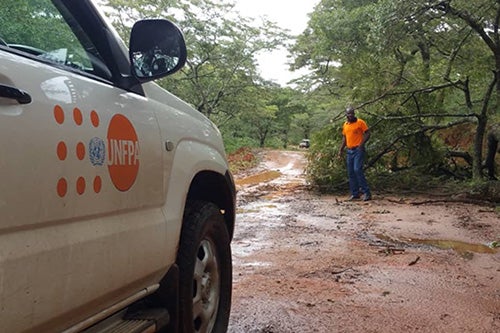 The cyclone destroyed major roads and bridges. © UNFPA Zimbabwe
The cyclone destroyed major roads and bridges. © UNFPA Zimbabwe Reproductive health supplies are offloaded in an affected community.
Reproductive health supplies are offloaded in an affected community.


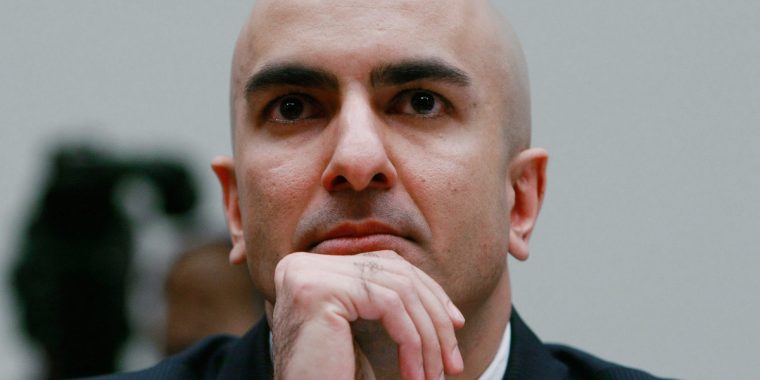
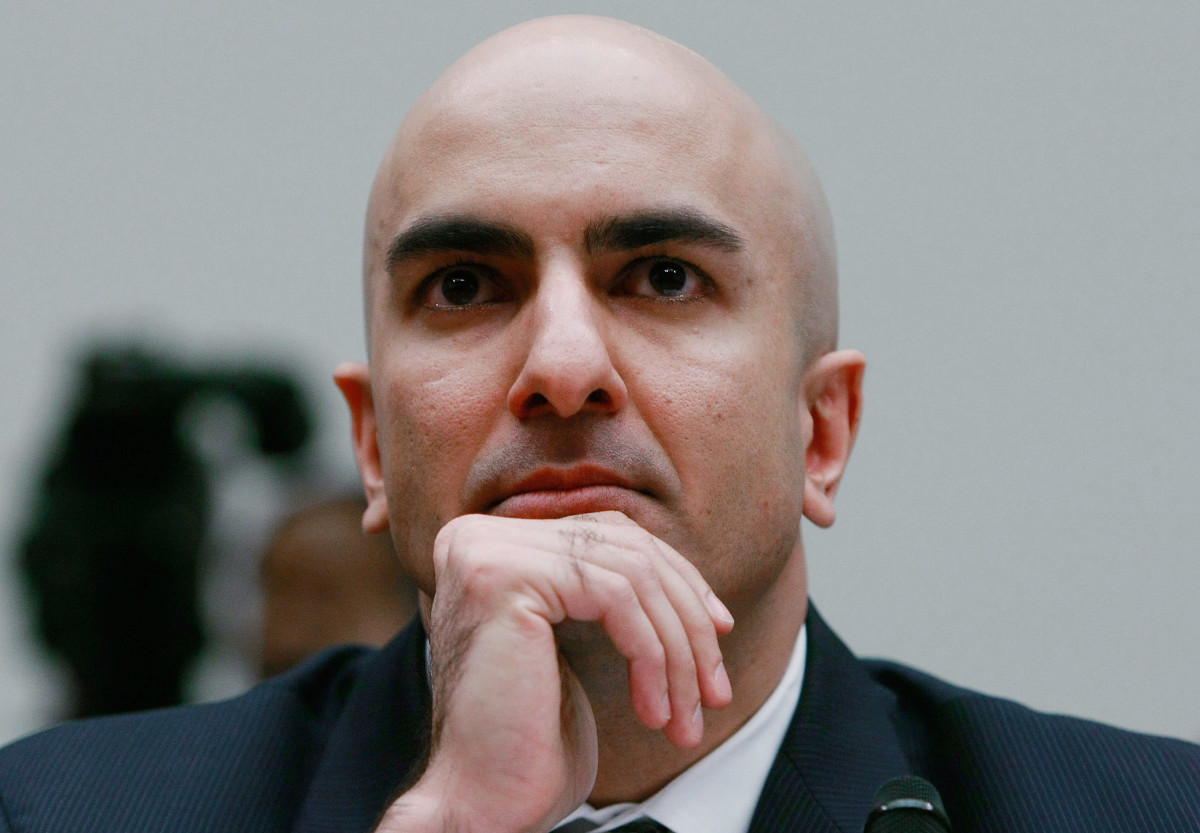
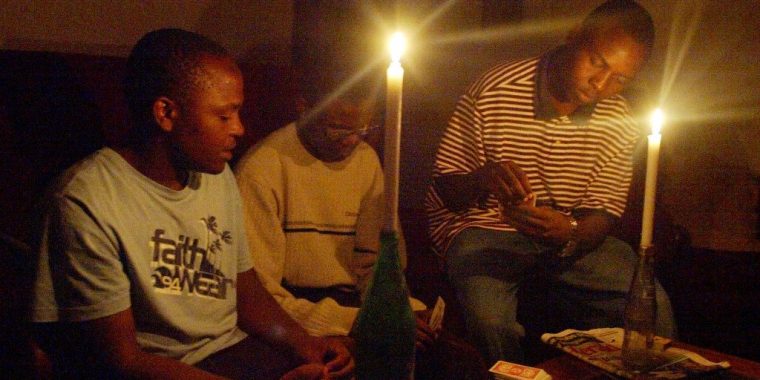



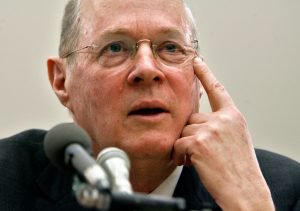

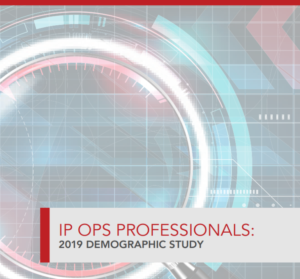
 Brad Blickstein is principal of the
Brad Blickstein is principal of the 

